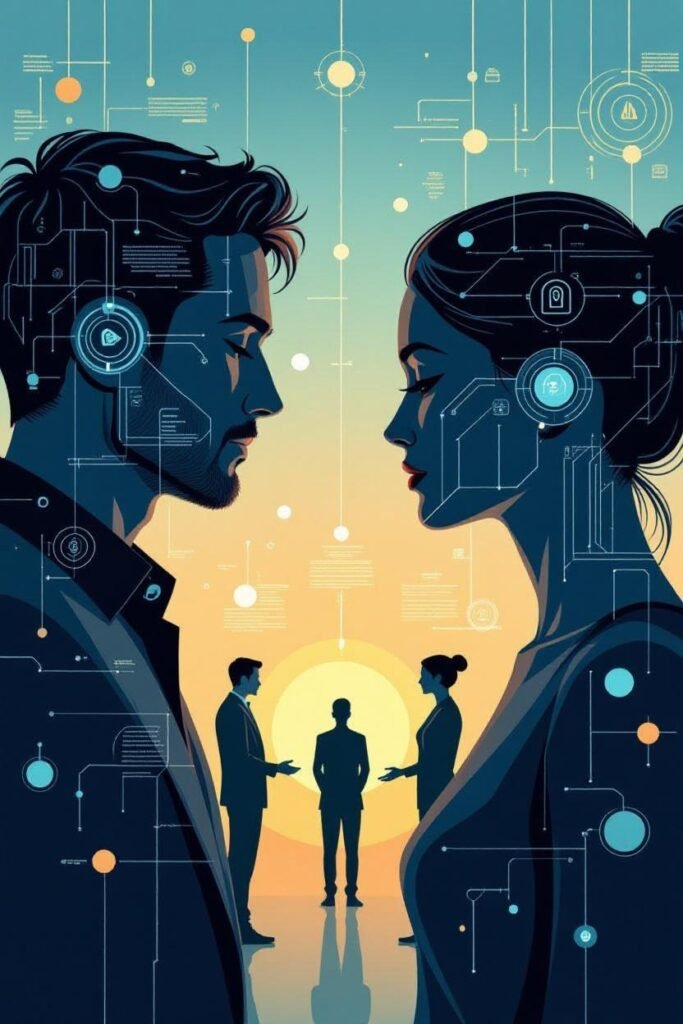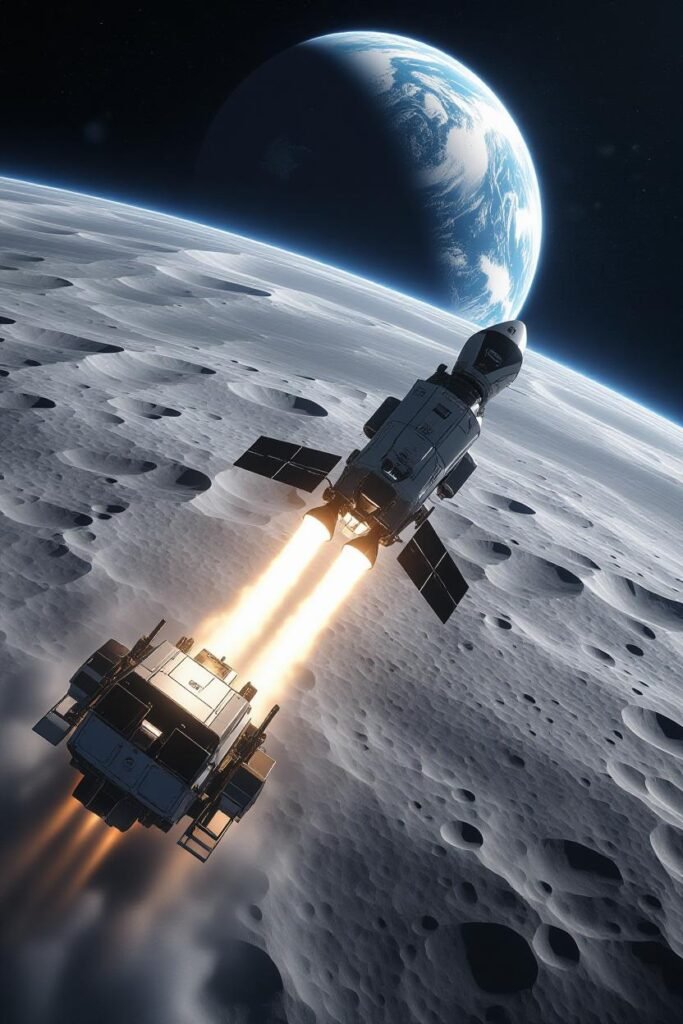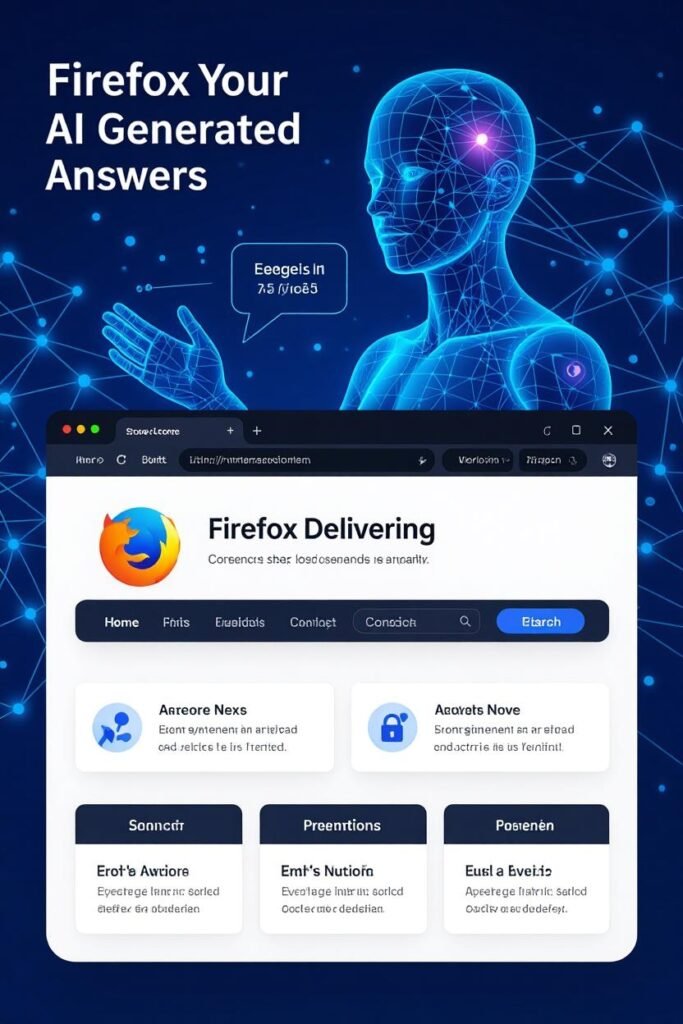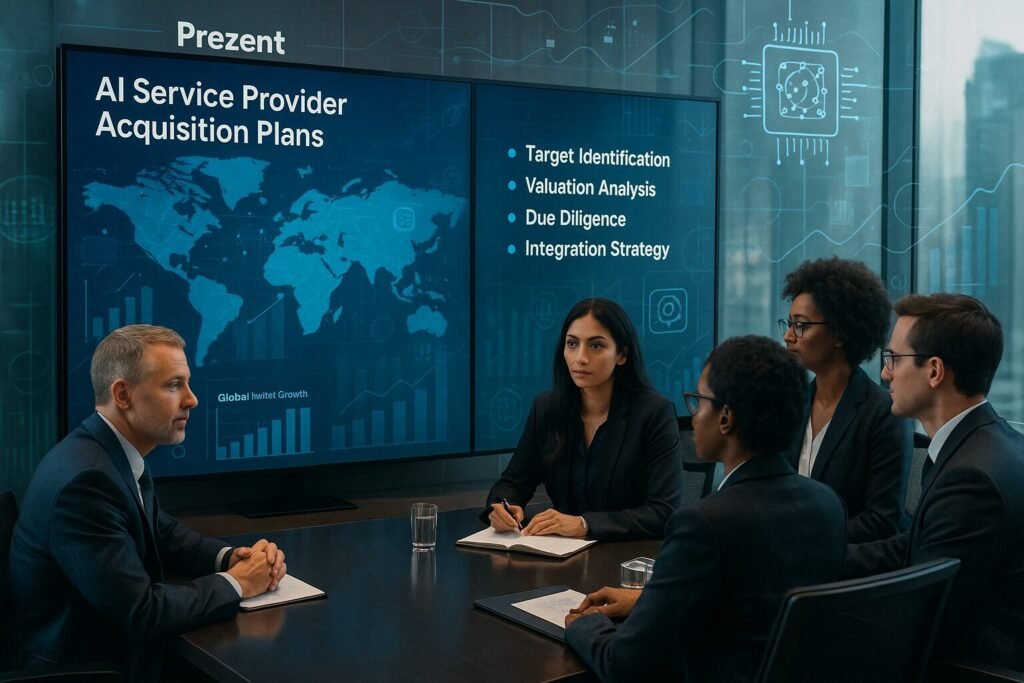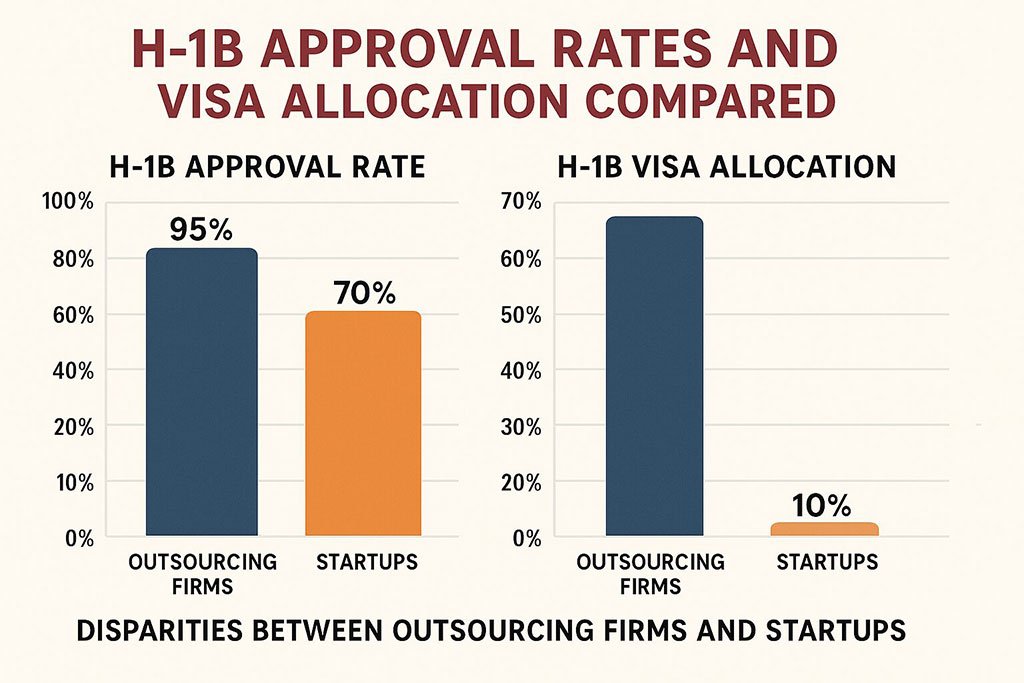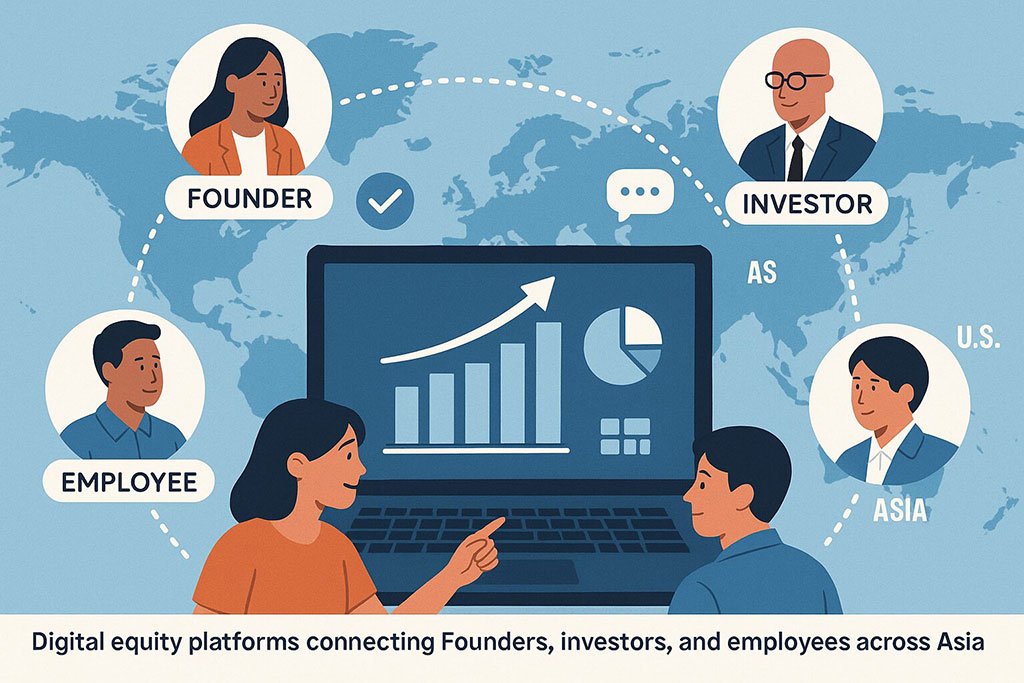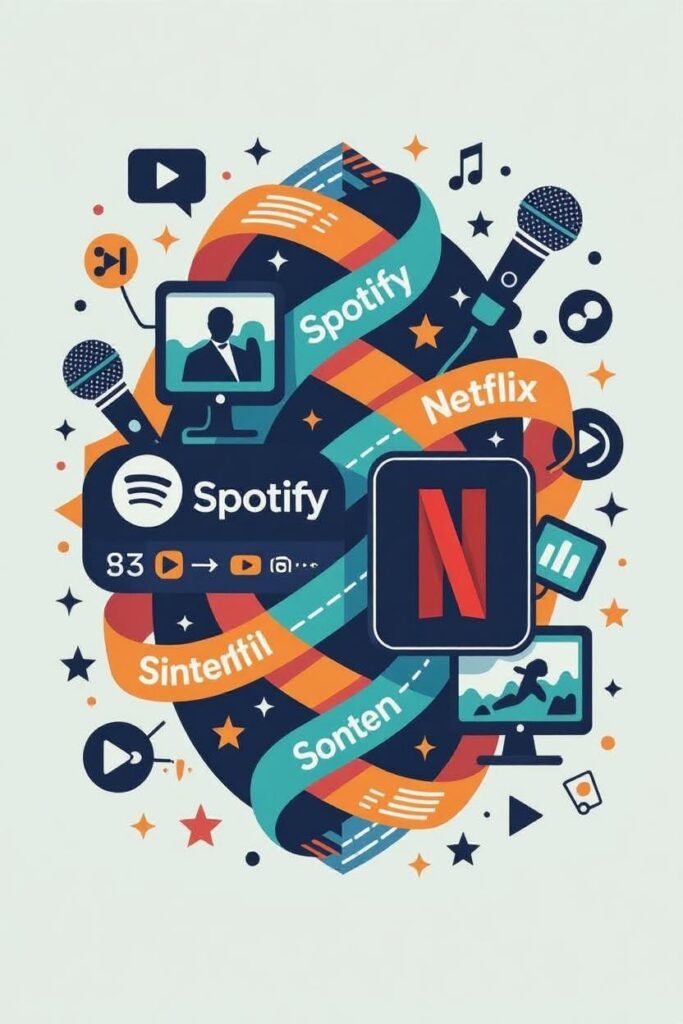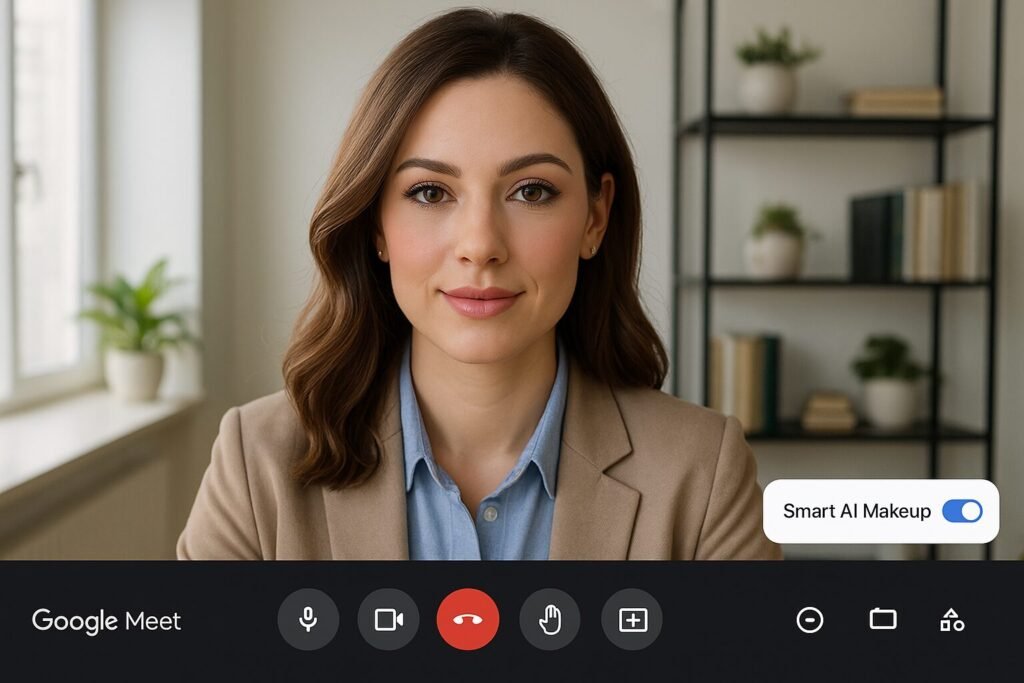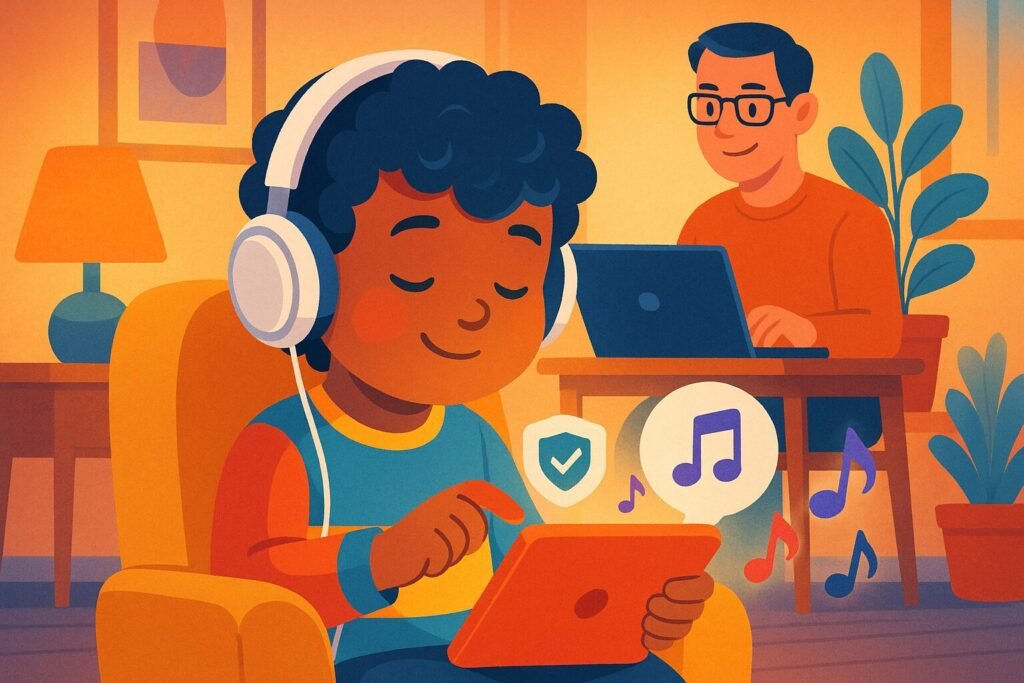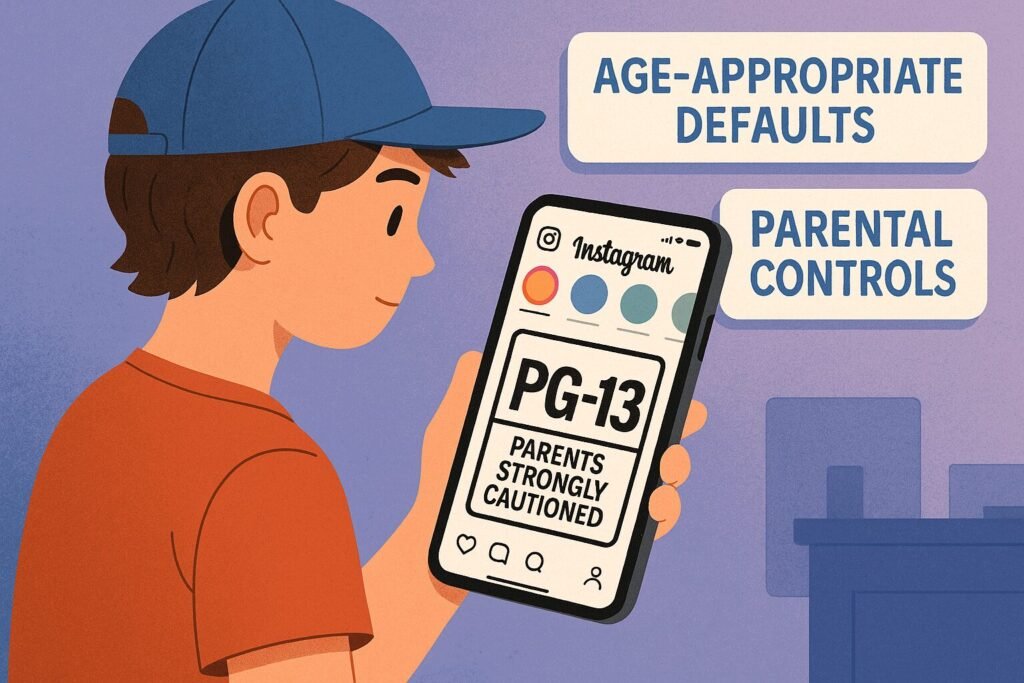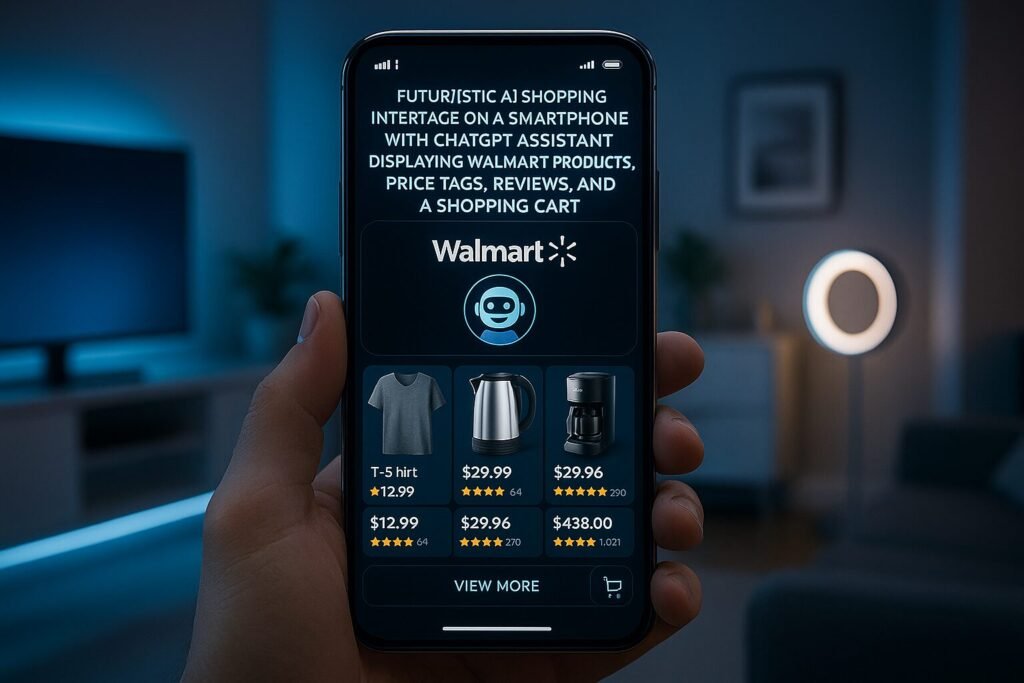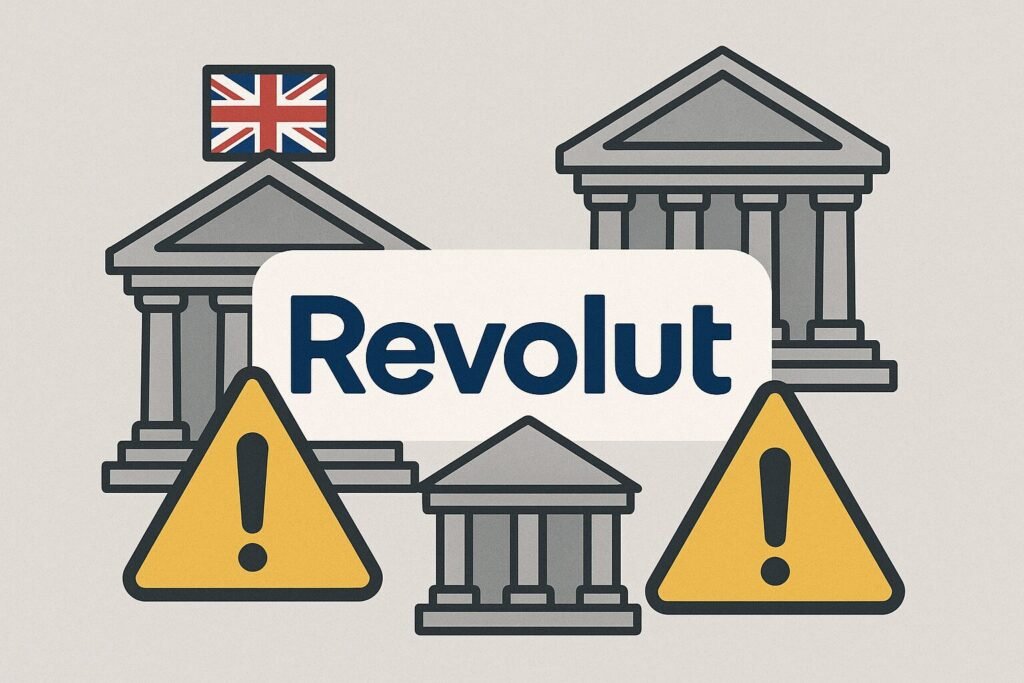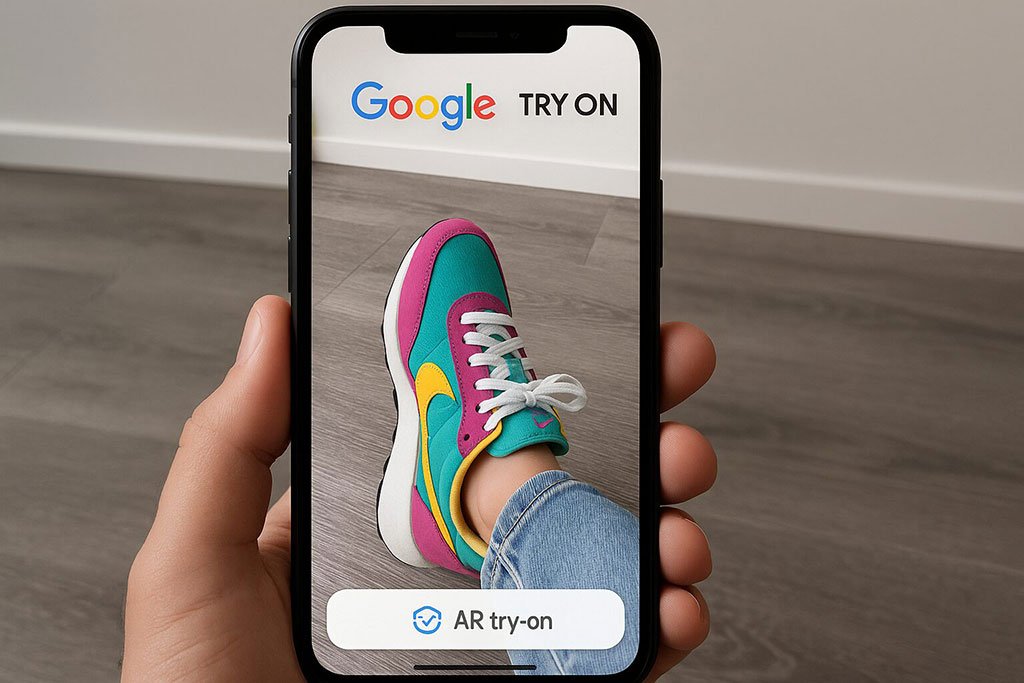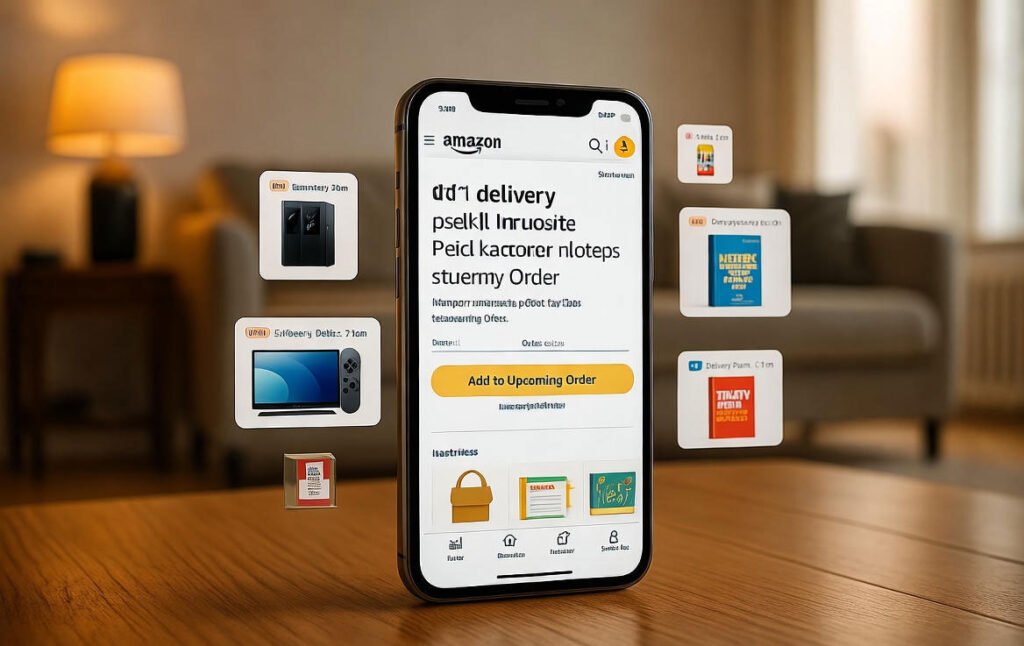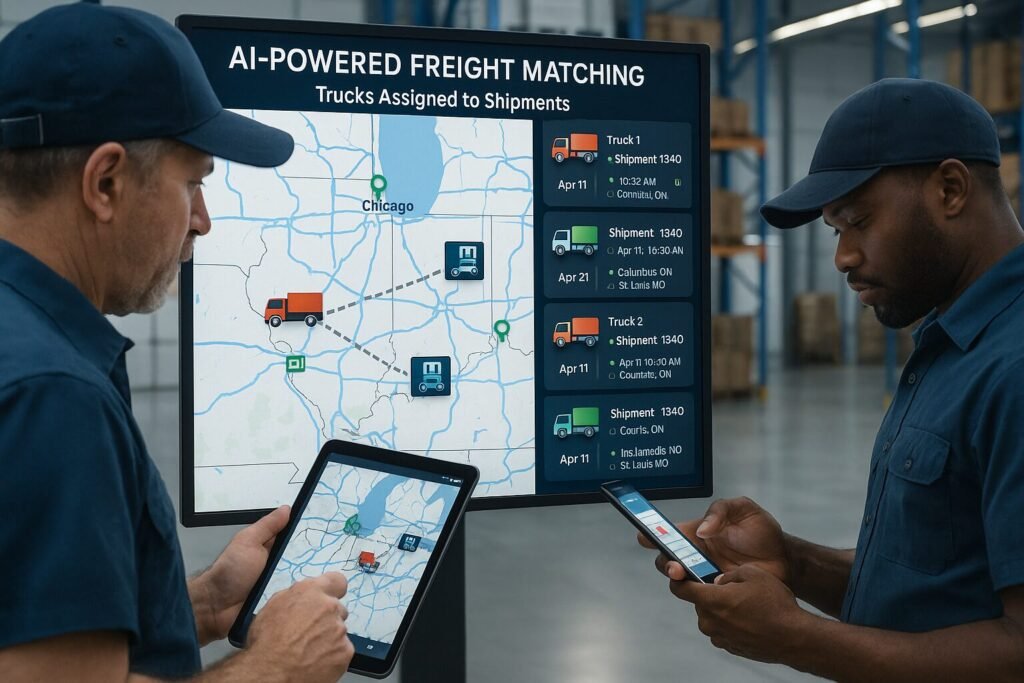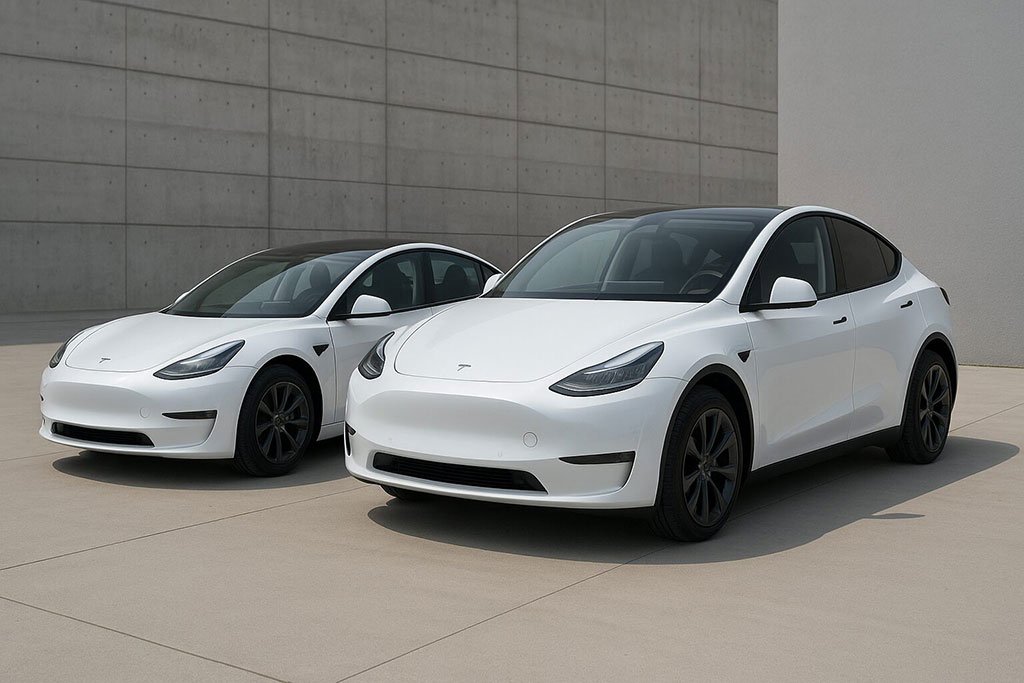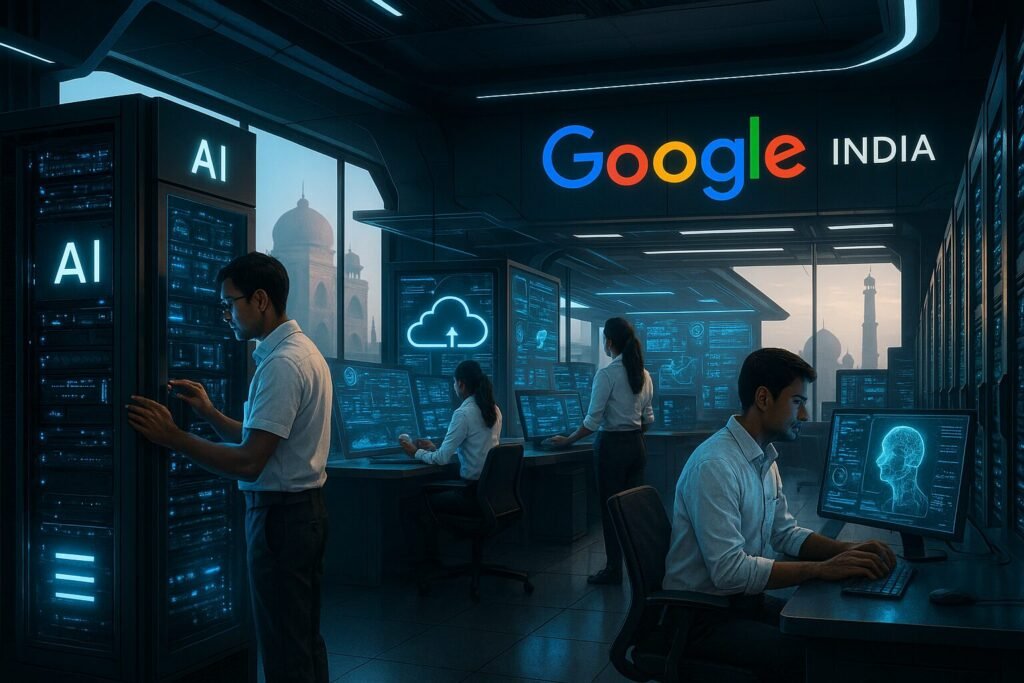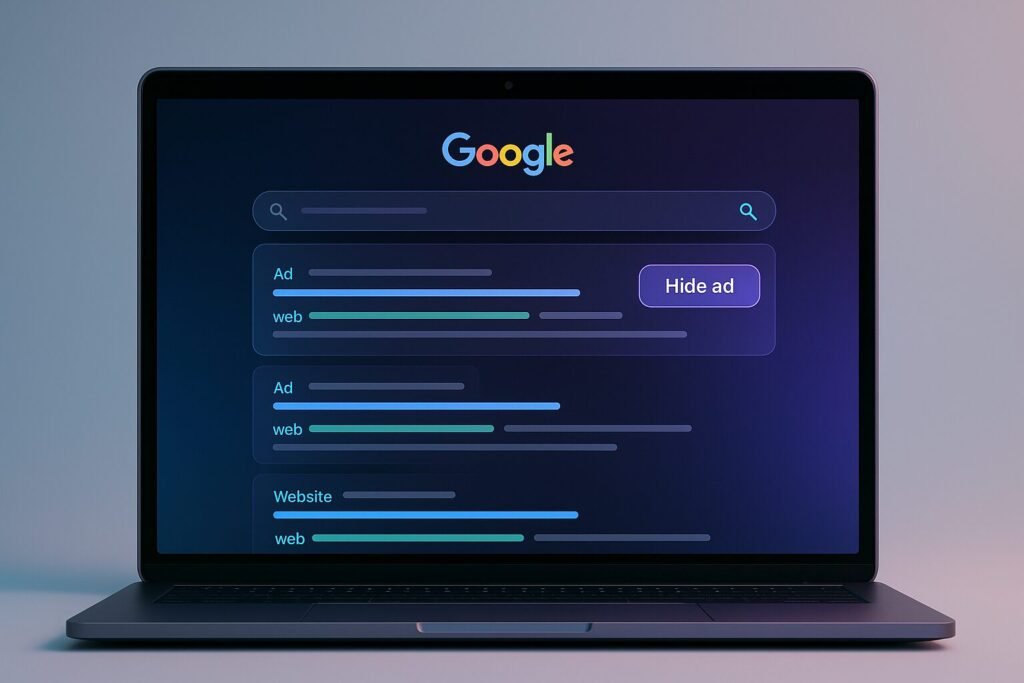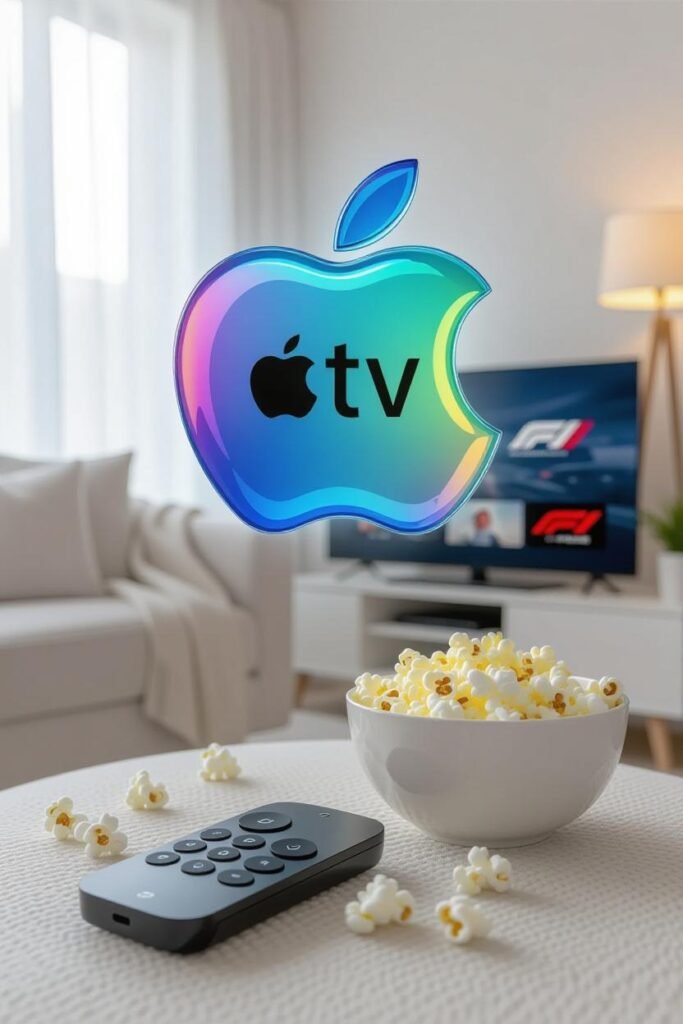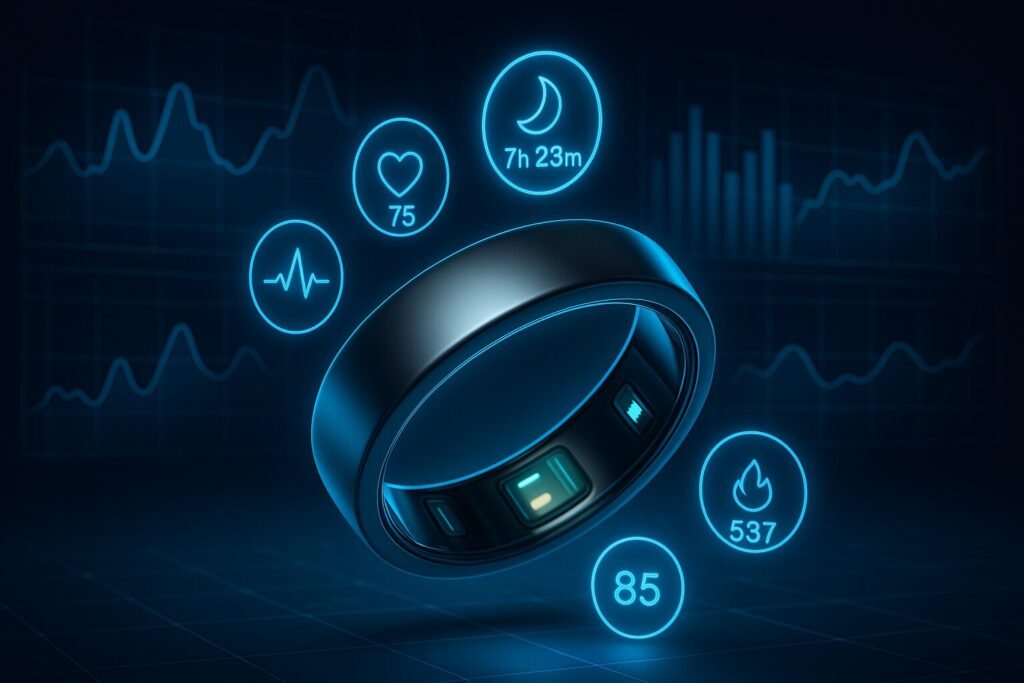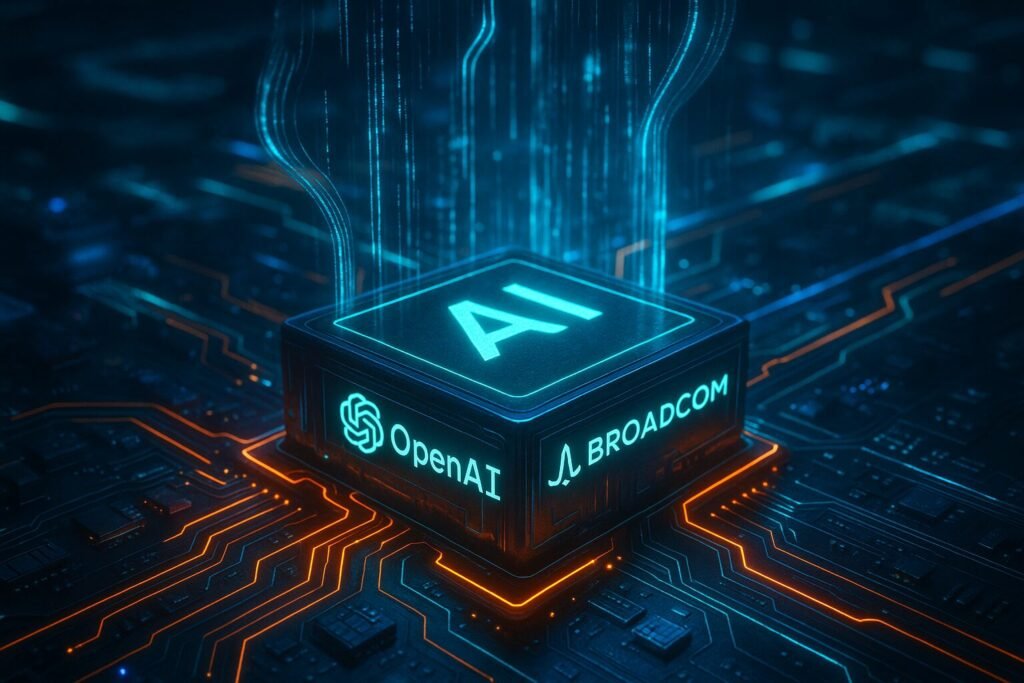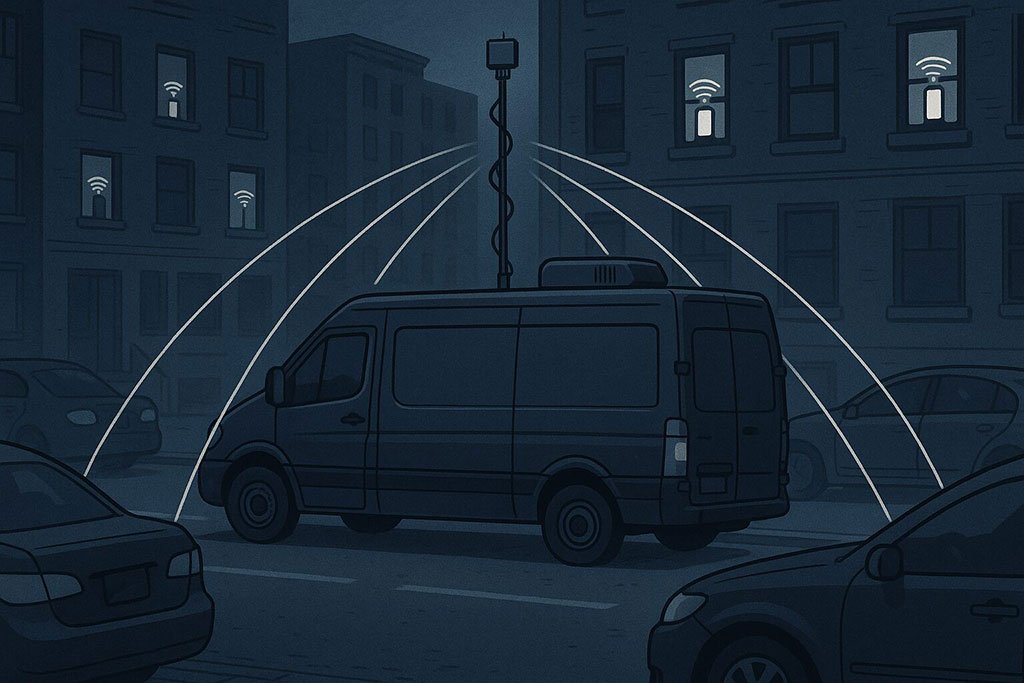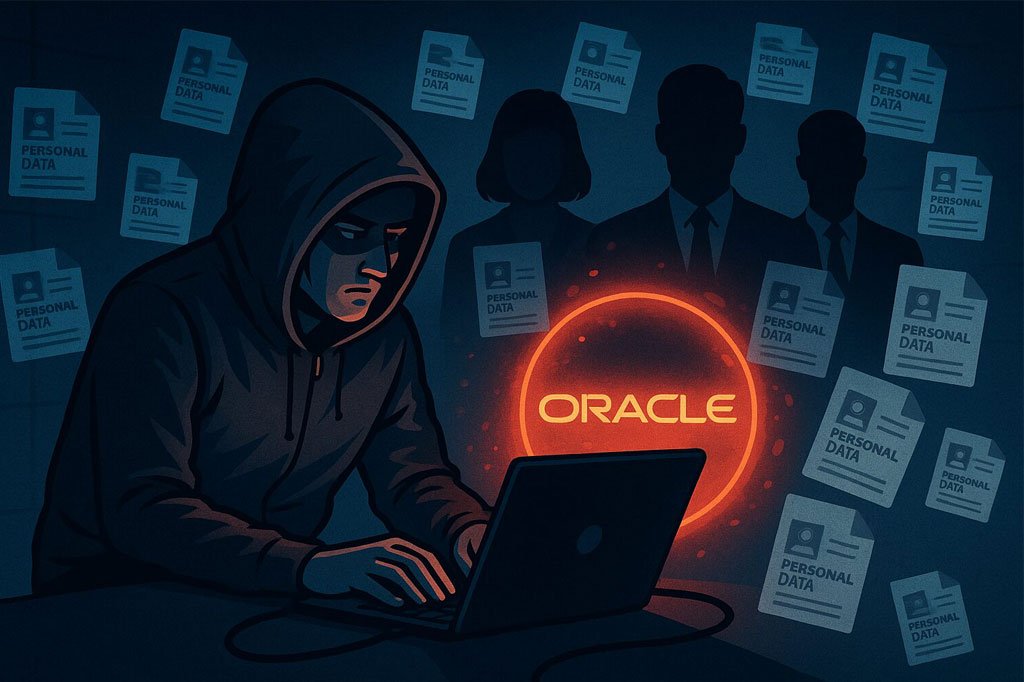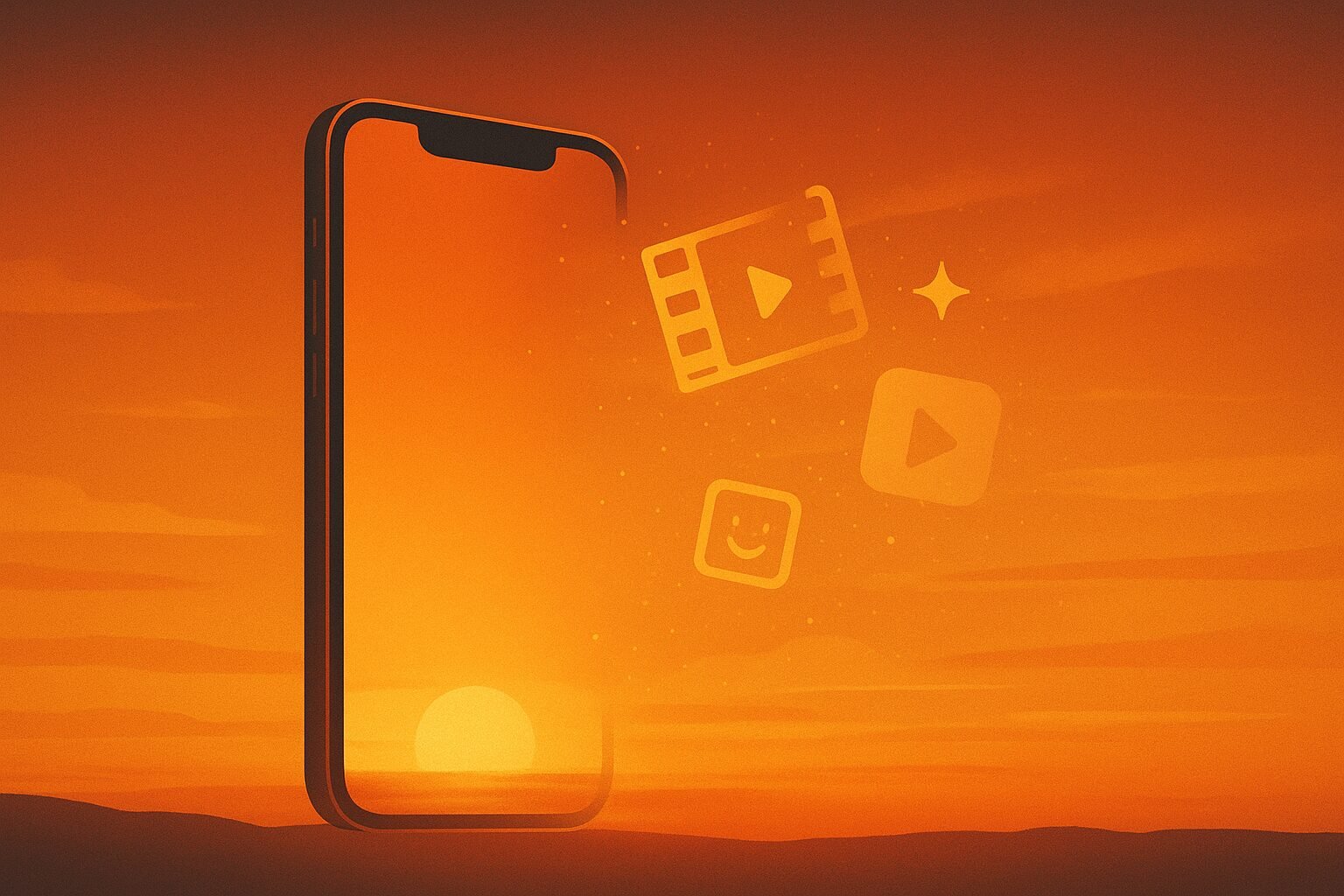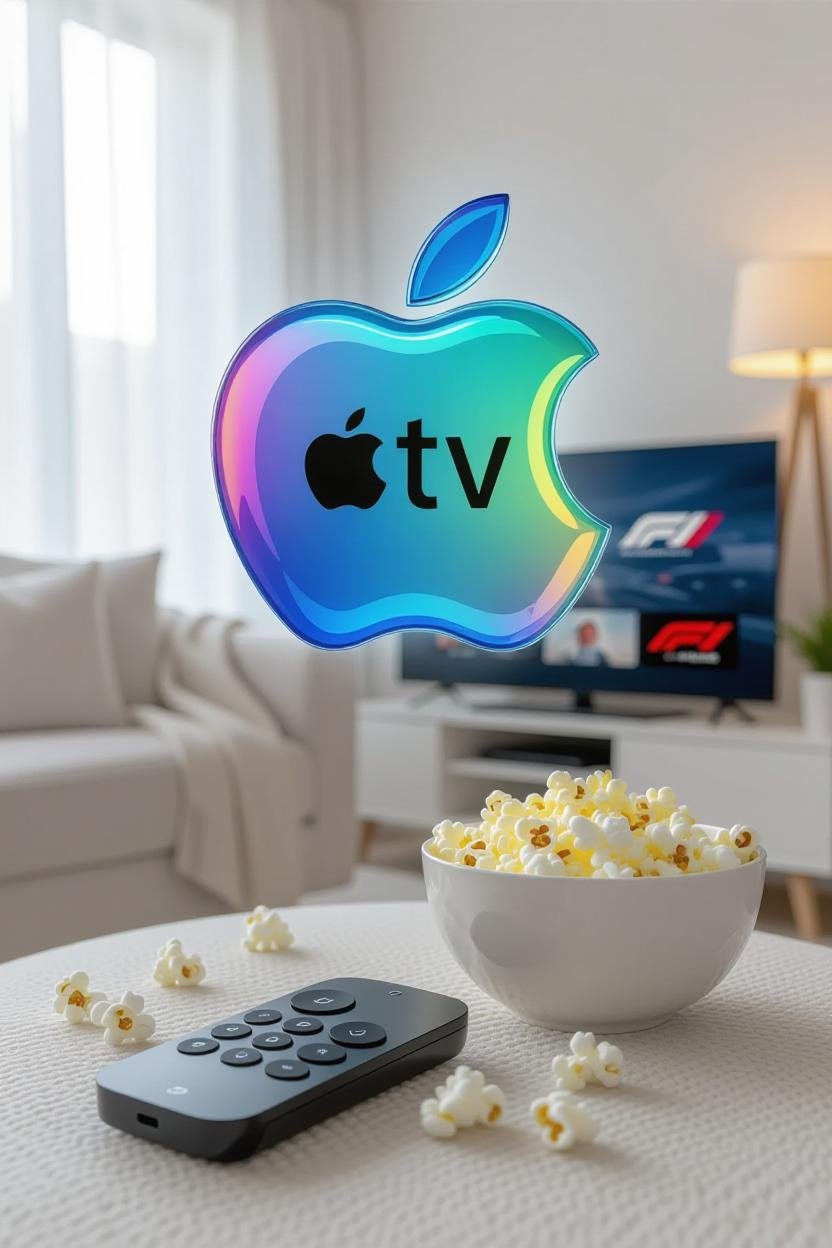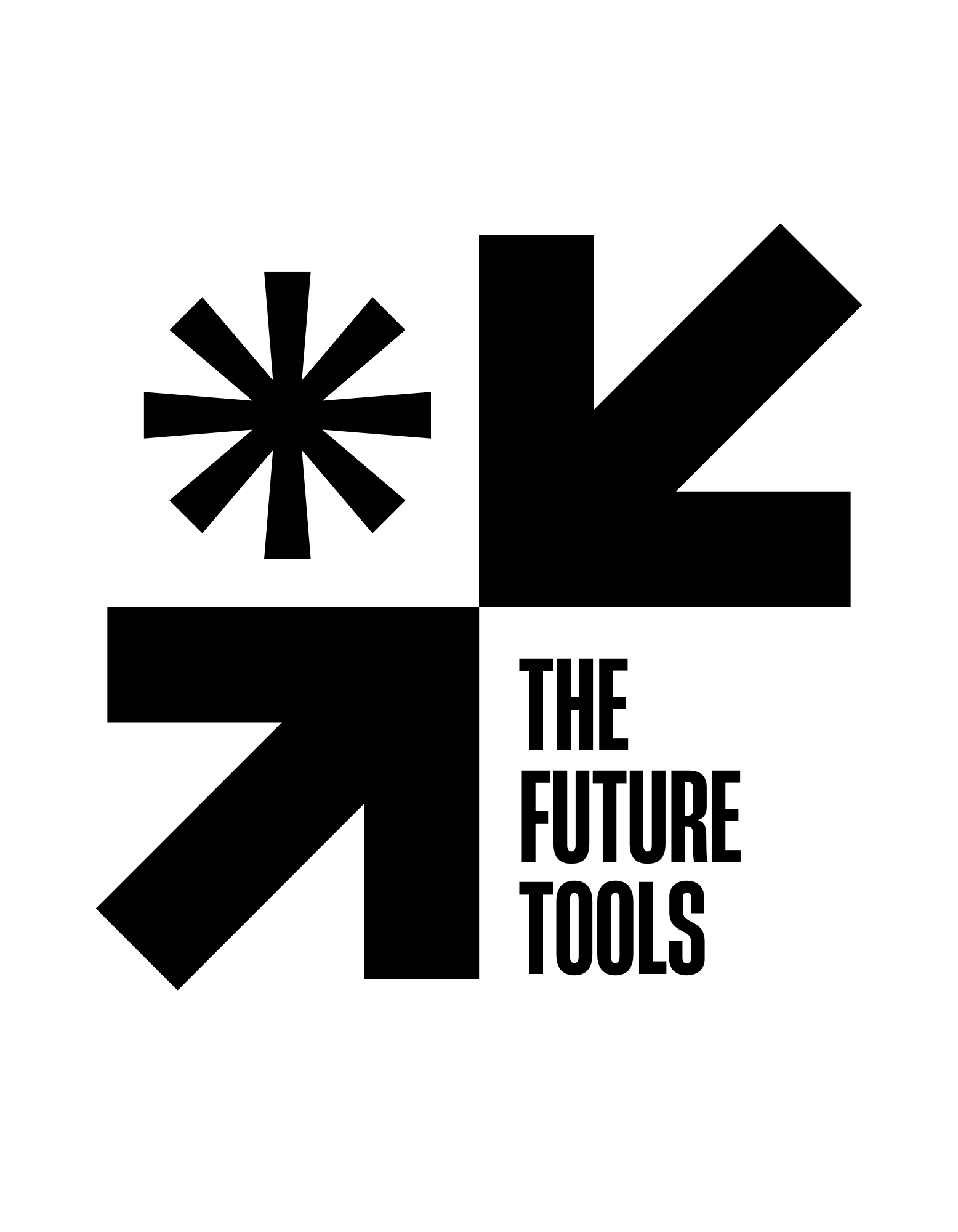Now Reading: Hollywood’s Still Searching for Its Script on AI
-
01
Hollywood’s Still Searching for Its Script on AI
Hollywood’s Still Searching for Its Script on AI
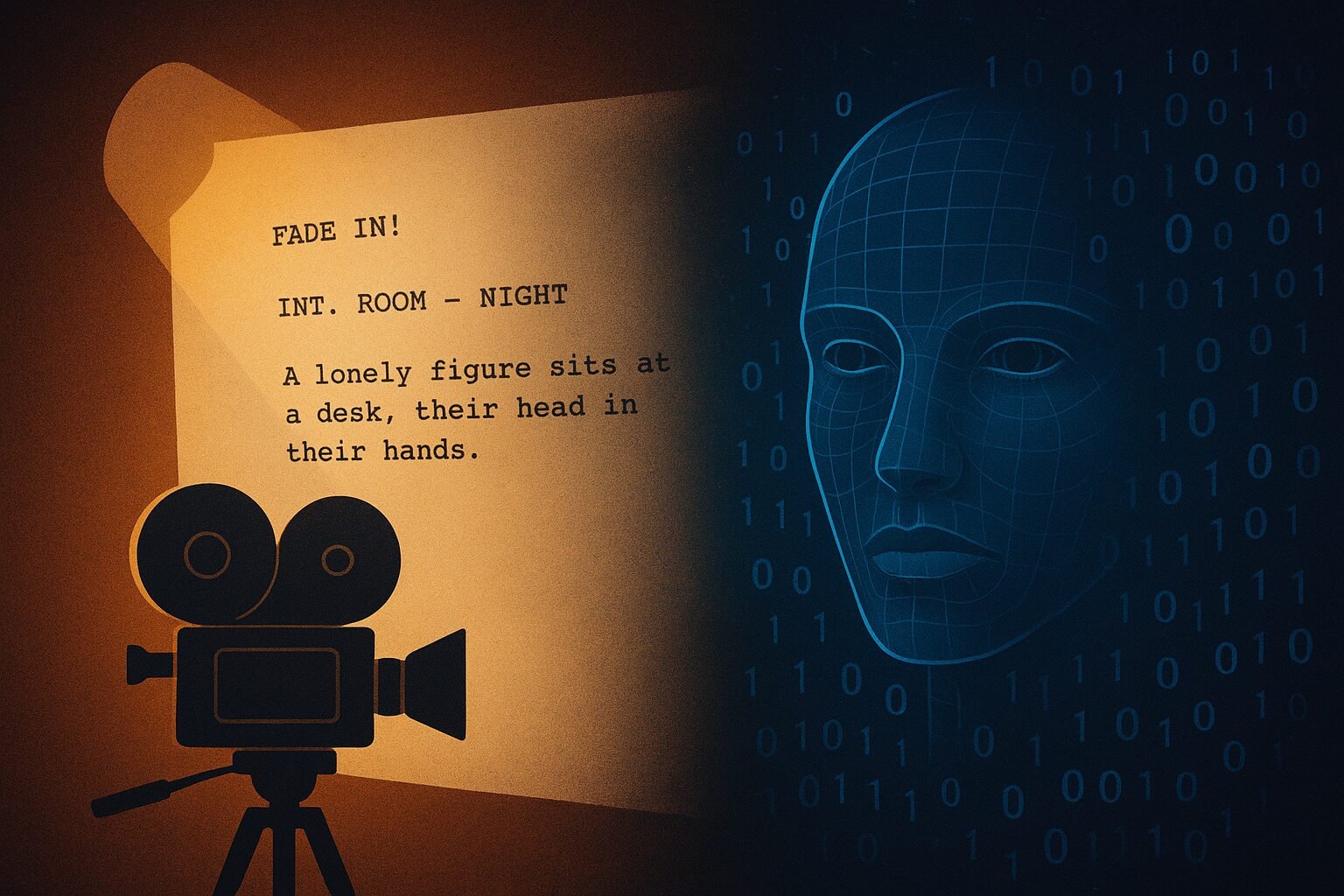
Hollywood has always been the world’s biggest dream factory. But lately, its dreams are being disrupted — not by a new genre or franchise, but by artificial intelligence.
Across Los Angeles, the conversation is the same: what happens to storytelling when machines can write, animate, and even act? For some, AI is a thrilling new co-writer; for others, it’s a threat to human imagination itself.
This article explores why the entertainment capital of the world is struggling to write its next act — and what the industry’s uneasy relationship with AI says about the future of creativity.
The Opening Scene — Innovation Meets Anxiety
Hollywood’s New Technology Paradox
For decades, Hollywood has survived every disruption thrown its way: sound, color, television, streaming. Yet AI feels different. It’s not just changing production pipelines — it’s changing what it means to create.
Studios see potential everywhere: faster editing, cheaper visual effects, automated dubbing, smarter marketing. Filmmakers can now generate storyboards or even concept art in seconds. But behind the excitement lies unease — if AI can mimic a writer’s style or an actor’s voice, where does that leave the people who made Hollywood what it is?
The Creative Identity Crisis
There’s a deep emotional layer to this debate. Film is an art form built on empathy, nuance, and lived experience. Audiences connect not with pixels but with people — with their flaws, gestures, and imperfections. AI, for all its precision, doesn’t feel.
That’s what scares many creatives. If storytelling becomes a data process, can a film still move us?
The Industry’s Split Personality
The Studios’ Perspective: Efficiency Over Emotion
Big studios view AI as a cost-saver. Shorter timelines, smaller teams, and the ability to produce localized versions of films instantly. For them, AI is a business tool — a way to survive shrinking box-office numbers and an increasingly fragmented audience.
The Creators’ Perspective: Protection Over Productivity
Writers, actors, and technicians, however, see something different: the potential erosion of their craft. Voice cloning, digital doubles, and automated scripts blur the line between homage and exploitation. Some fear being replaced; others worry about being replicated.
The Audience’s Perspective: Authenticity Over Automation
Globally, viewers are catching on. They want transparency — to know when a scene or performance was human, and when it was machine-made. In an era of deepfakes and digital doubles, truth in art has never mattered more.
Case Studies of a Shifting Industry
AI as a Co-Creator
Some filmmakers are experimenting boldly, using AI for pre-visualization, background generation, and even story inspiration. These projects often succeed when the technology is treated as a tool, not a replacement — when human intuition guides the machine’s precision.
The Human Comeback
Meanwhile, others are pushing back. Writers’ rooms are reaffirming the importance of emotional authorship; actors are demanding new clauses to protect their likeness. The lesson is becoming clear: the future isn’t about AI replacingcreators, but creators redefining their relationship with it.
The Pros and Cons of Hollywood’s AI Future
The Upsides
-
Efficiency and Scale: Faster production, cheaper VFX, and smoother localization can make filmmaking more accessible worldwide.
-
Creative Exploration: AI can help develop story ideas, visualize scenes, or analyze audience trends to predict engagement.
-
Global Access: Independent creators, especially in emerging markets, now have tools once reserved for big studios.
The Downsides
-
Job Displacement: Artists, editors, and voice actors risk being replaced by cheaper, automated alternatives.
-
Loss of Authenticity: Overreliance on AI could produce visually flawless but emotionally hollow films.
-
Ethical and Legal Gray Zones: Who owns an AI-generated likeness, and who gets paid for it? These questions remain unresolved.
The Global Picture
AI’s impact on Hollywood mirrors what’s happening across the globe.
-
In Asia, filmmakers are using generative tools for animation and localization.
-
In Europe, there’s growing concern about protecting artistic rights and originality.
-
In Africa and Latin America, AI is empowering new voices, reducing production costs, and opening up global distribution.
The future of cinema, it turns out, won’t just be written in Hollywood — it’ll be co-authored by creators everywhere.
What Hollywood Can Do Next
Create Ethical Guidelines
Hollywood needs an AI code of conduct: clear rules for consent, compensation, and credit. Transparency should be as standard as film ratings.
Foster Hybrid Creativity
The best results come when AI is used to expand, not replace, human imagination. Think of it as a powerful assistant — not the director.
Educate the Industry
From film schools to studio boards, understanding how AI works (and where it shouldn’t) is now essential creative literacy.
Champion Authenticity
What audiences value most is emotional truth. That’s something no algorithm can generate — at least not yet.
The Human Factor
In all this talk of technology, it’s easy to forget why Hollywood exists: to tell stories about people. The moment film loses its humanity, it loses its magic.
Maybe AI will become a great collaborator — or maybe it’ll fade like so many trends before it. Either way, the challenge is timeless: tools evolve, but storytelling must remain human.
Hollywood has always thrived on reinvention. But this time, the transformation feels existential. AI isn’t just changing how stories are made — it’s changing who gets to tell them, and what it means to be creative at all.
Whether AI becomes Hollywood’s greatest collaborator or its biggest controversy will depend on the choices made today. One thing’s certain: the next great story about humanity might be written — or co-written — by a machine.
Subscribe Now – Stay Ahead of the Creative Curve
Disclaimer:
All logos, trademarks, and brand names referenced herein remain the property of their respective owners. Content is provided for editorial and informational purposes only. Any AI-generated images or visualizations are illustrative and do not represent official assets or associated brands. Readers should verify details with official sources before making business or investment decisions.


